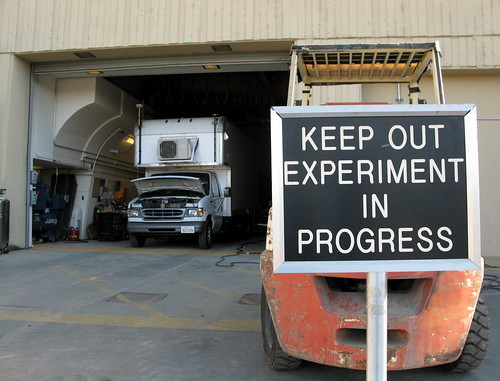Do all these little happiness-improving tricks really work?
.
I’ve posted about these happiness-increasing tricks like showing gratitude, counting your blessings and spending money the right way. How powerful are they?
Promising results have been seen not just with average people but also with those who have been diagnosed with clinical depression:
Despite the availability of many treatment options, depressive disorders remain a global public health problem. Even in affluent nations, 70% of reported cases either do not receive the recommended level of treatment or do not get treated at all, and this percentage does not reflect cases of depression that go unreported due to lack of access to health care, stigma, or other reasons. In developing countries, the World Health Organization estimates that < 10% receive proper depression care due to poverty, stigma, and lack of governmental mental health resources and providers. Current treatments do not work for everyone, and even people who achieve remission face a high risk of recurrence and residual disability. The development of low-cost effective interventions that can serve either as initial therapy for mild symptoms or as adjunctive therapy for partial responders to medication is an immense unmet need. Positive activity interventions (PAIs) teach individuals ways to increase their positive thinking, positive affect, and positive behaviors. The majority of such interventions, which have obtained medium-size effect sizes, have been conducted with nondepressed individuals, but two randomized controlled studies in patients with mild clinical depression have reported promising initial findings. In this article, the authors review the relevant literature on the effectiveness of various types of PAIs, draw on social psychology, affective neuroscience and psychophamacology research to propose neural models for how PAIs might relieve depression, and discuss the steps needed to translate the potential promise of PAIs as clinical treatments for individuals with major and minor depressive disorders.
Source: “Delivering Happiness: Translating Positive Psychology Intervention Research for Treating Major and Minor Depressive Disorders” from THE JOURNAL OF ALTERNATIVE AND COMPLEMENTARY MEDICINE Volume 17, Number 8, 2011, pp. 1–9
And:
Sin and Lyubomirsky’s recent meta-analysis of 51 positive psychology interventions with both depressed and non-depressed participants revealed that PAIs are effective for enhancing well-being and ameliorating depressive symptoms.46 The magnitude of these effects was medium-sized (mean r = 0.29 for well-being and 0.31 for depression)—an impressive finding, considering that many of these interventions were very brief, self-administered positive activities rather than therapy (see Table 1 for individual PAI study effect sizes). To compare, a classic meta-analysis of 375 psychotherapy studies found that psychotherapy demonstrated an average effect size r of 0.32 for outcomes such as self-esteem and adjustment.
No, I’m not suggesting anyone dump their meds but these techniques could be a wonderful complement.
Also, this made me do a double take:
The World Health Organization (WHO) projects that by 2020 depression will be second only to ischemic heart disease as the leading cause of disability for all ages and both genders.
Join 25K+ readers. Get a free weekly update via email here.
Related posts:
How to make yourself happier in just a few seconds





